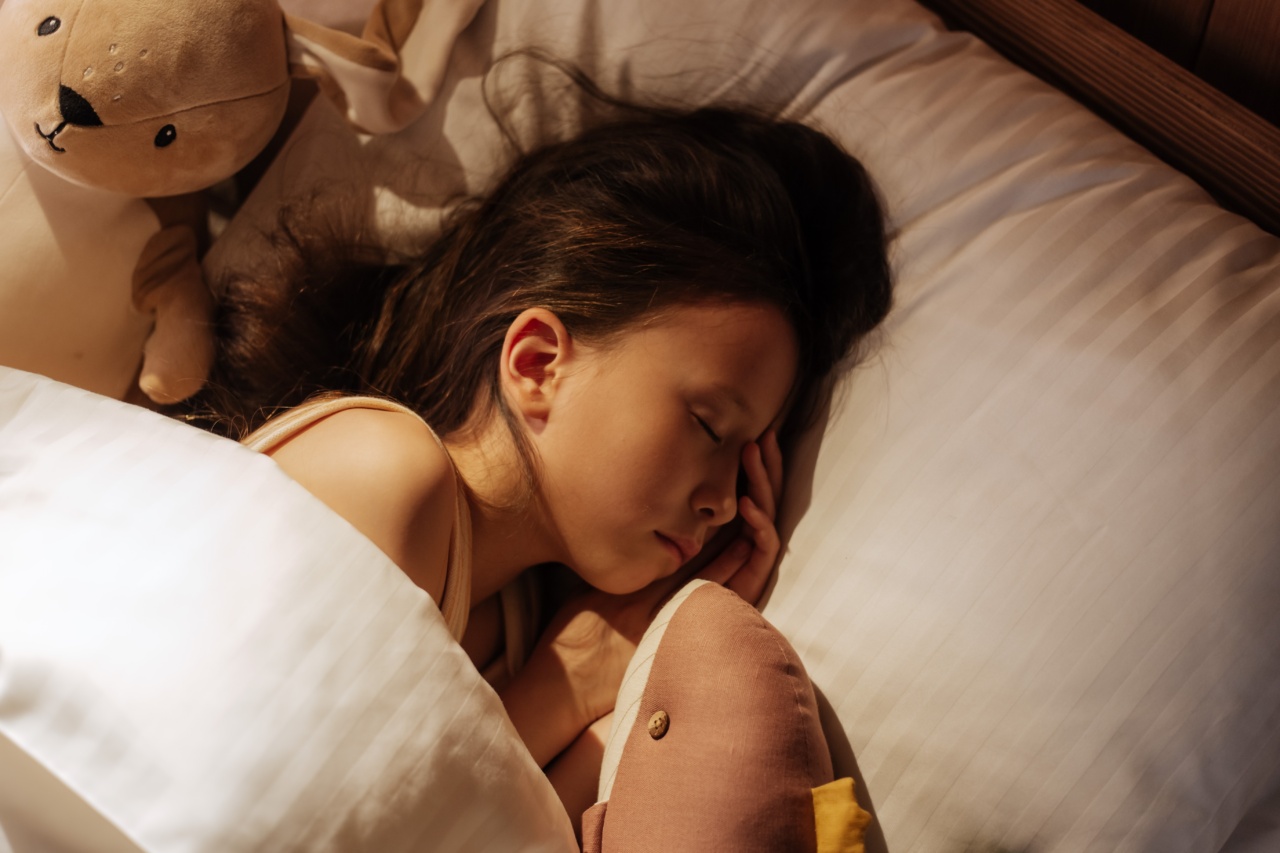The outbreak of the novel coronavirus has affected people’s lives in numerous ways, including their sleep patterns. The inability to get enough sleep can exacerbate existing health conditions, including mental health issues.
The World Health Organization (WHO) has declared “sleep loss epidemic” a public health crisis. This article delves into the link between the coronavirus and sleep disorders, including their causes, symptoms, and prevention measures.
What Are Sleep Disorders?
Sleep disorders refer to conditions that affect the quality, duration, or timing of sleep. The following are the most common types of sleep disorders:.
Insomnia
Insomnia is the most common sleep disorder, affecting up to 35% of adults globally. This condition makes it hard to fall or stay asleep.
Insomnia can be primary, meaning it happens independently, or secondary, resulting from underlying health issues such as anxiety, depression, or sleep apnea.
Narcolepsy
Narcolepsy is a chronic sleep disorder that causes excessive daytime sleepiness and sudden sleep attacks. It can also result in cataplexy, where your muscles become weak due to strong emotions.
Restless Leg Syndrome
Restless Leg Syndrome (RLS) is a disorder that makes you feel an urge to move your legs to reduce discomfort while sleeping. RLS can lead to sleep deprivation and is common among people with nerve conditions like Parkinson’s disease.
Sleep Apnea
Sleep apnea is a condition where you stop breathing repeatedly while sleeping, leading to poor sleep quality. This condition can result in complications such as heart disease, stroke, and diabetes.
The Link between Kronovirus and Sleep Disorders
The coronavirus pandemic has disrupted daily routines, causing stress, anxiety, and isolation for many people. These factors contribute to sleep disorders such as insomnia and sleep apnea.
Additionally, people have spent more time indoors and reduced their physical activity levels, leading to irregular sleep patterns, oversleeping, or snoring.
People who have contracted the coronavirus have also reported sleep issues, such as difficulty breathing and coughing, which can lead to sleep disruptions, especially for those with pre-existing sleep disorders.
The use of ventilators on severely ill patients can also cause sleep disturbances, such as nightmares.
How to Improve Sleep Quality
Good sleep hygiene practices can help improve sleep quality. The following tips can help:.
Stick to a Sleep Schedule
Go to bed and wake up at the same time every day, even on weekends, to help regulate your body’s internal clock. Avoid taking long naps during the day.
Create a Sleep-Conducive Environment
Make your bedroom comfortable and conducive to sleep. Keep the temperature cool, use comfortable bedding and pillows, and keep the room dark and quiet. Use earplugs, eye masks, and white noise machines to block out unwanted noise.
Avoid Stimulants
Avoid caffeine, nicotine, and alcohol before sleeping, as these substances can disrupt your sleep patterns.
Exercise Regularly
Regular physical activity can help improve sleep quality. However, avoid exercising close to bedtime, as it can make it harder to fall asleep.
Avoid Screen Time before Bedtime
Avoid using electronic devices such as phones, tablets, or TVs before bedtime, as the blue light from these devices can interfere with your sleep.
Conclusion
The coronavirus pandemic has disrupted our lives in various ways, including our sleep patterns. Sleep disorders are prevalent among people who have contracted the virus, especially those with pre-existing conditions.
Maintaining good sleep hygiene practices can help improve sleep quality, leading to better mental and physical health outcomes.




























